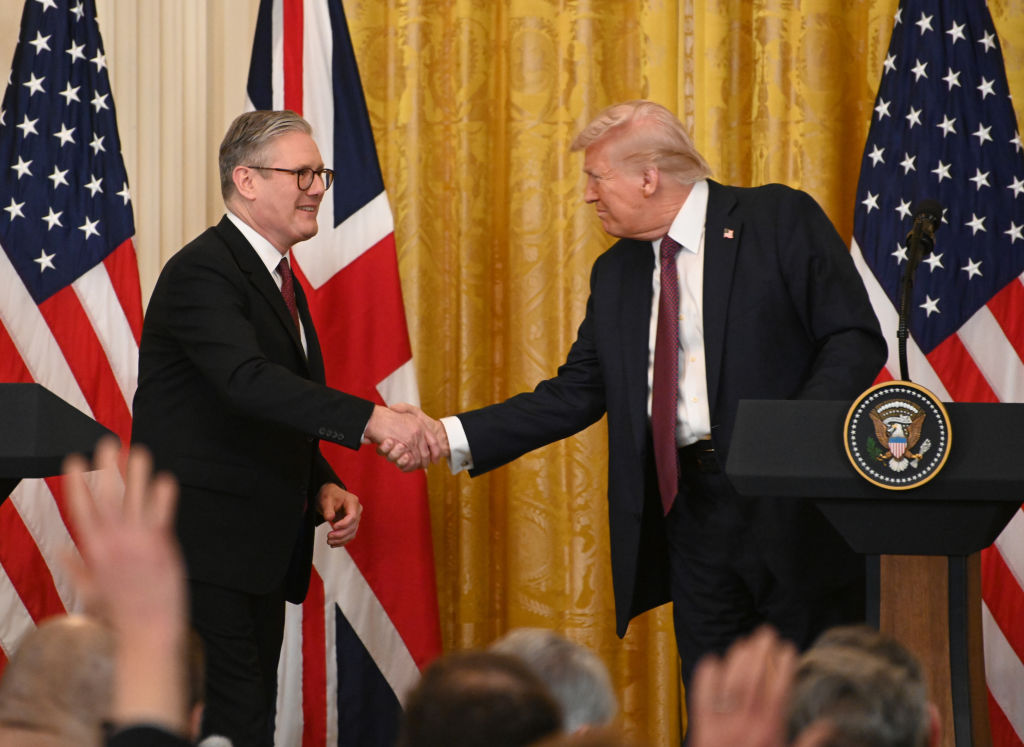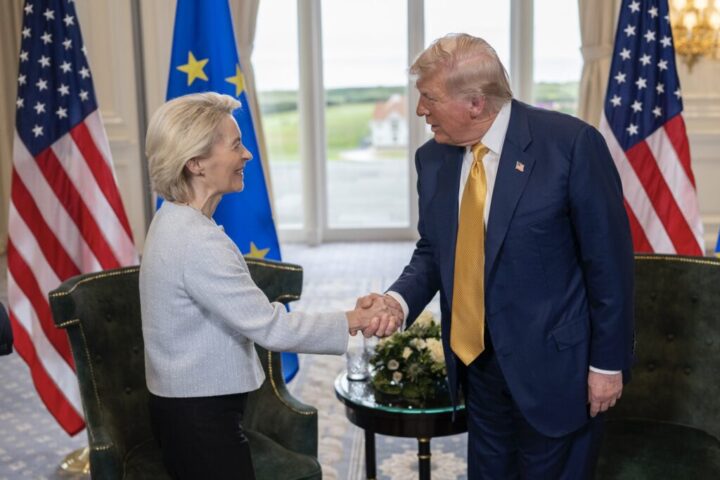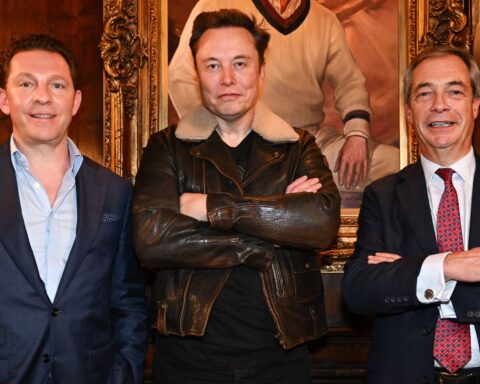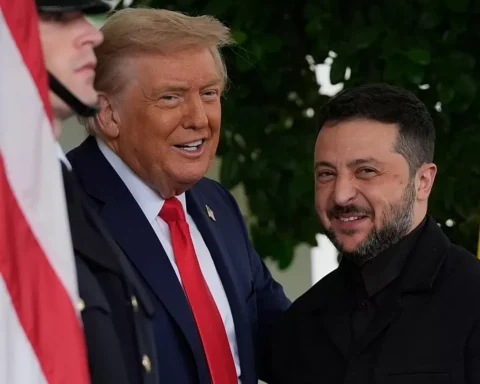When it comes to striking trade deals with Washington, both Brussels and London have been eager to claim victory. Since Brexit, the United States has pursued separate negotiations with the European Union and the United Kingdom, resulting in two very different trade frameworks—each hailed by its respective side as a strategic win. But the real question remains: who got the better deal?
The EU-US Trade Landscape
The EU and US have long maintained one of the most significant trading relationships in the world, with goods and services trade surpassing $1.2 trillion annually. In recent years, negotiations have focused on reducing non-tariff barriers, aligning standards, and cooperating on emerging technology regulations. The latest agreement avoided the politically toxic territory of agriculture and instead zeroed in on industrial goods, digital trade, and green technologies.
Under the deal, the EU secured tariff suspensions on a range of industrial exports, particularly steel and aluminum, which had been a sore point since the Trump-era tariffs. Additionally, the US agreed to recognize certain EU sustainability standards in manufacturing—seen as a diplomatic coup for Brussels, as it cements European regulatory influence on the global stage.
However, critics argue that the EU gave up ground on digital taxation, agreeing to pause certain levies on US tech giants in exchange for tariff relief—something that may limit the bloc’s ability to extract revenue from Silicon Valley in the future.
The UK-US Trade Framework
For post-Brexit Britain, the deal with Washington has been more about symbolism than volume—at least so far. The UK’s agreement offers preferential market access for British agricultural products and car exports, while granting US firms broader access to UK service sectors, including finance, education, and legal consultancy.
Perhaps the most politically charged victory for the UK government was securing the removal of tariffs on Scotch whisky and certain automotive components—moves that Downing Street has sold as evidence of its post-EU agility in global trade.
Still, the deal has limitations. It falls short of a comprehensive free trade agreement, leaving many areas—particularly in food safety standards—subject to future talks. US negotiators have also pushed for regulatory flexibility on genetically modified crops, a contentious point for British consumers.
The Comparative Edge
Measured in sheer economic volume, the EU deal carries more immediate weight. Brussels leveraged its massive single market to secure substantial tariff suspensions and influence in global regulatory standards—benefits that will affect hundreds of billions in annual trade.
The UK, meanwhile, gained more targeted wins—particularly for emblematic exports like whisky—and showcased its ability to negotiate independently. But given the smaller scale of UK-US trade compared to EU-US flows, the deal’s economic impact is relatively modest.
The Verdict
From a purely economic standpoint, the EU arguably walked away with the more advantageous arrangement, securing both market access and regulatory influence. However, politically, the UK’s agreement may carry outsized significance, symbolizing its new role as a nimble, independent trade power.
Ultimately, both sides can claim victory—just in different arenas. The EU maximized economic leverage, while the UK maximized political optics. And in the world of trade negotiations, winning the narrative can be just as important as winning the numbers.





























